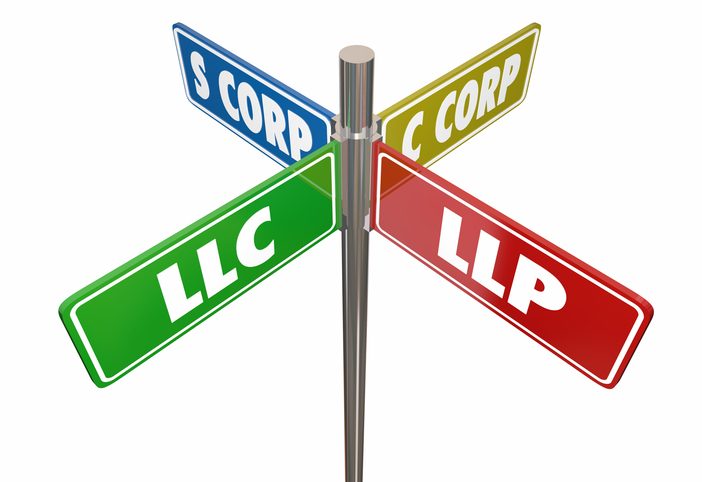You only have to look at the number of home remodeling shows on television to understand just how many people enjoy watching others upgrade their living spaces. These popular home remodeling shows have inspired many people to try their own hands at various remodeling projects. If you are interested in having work done on your living space or doing it yourself, you should understand that some remodeling and construction projects… Read More
The Many Types of Investment Risk
It is important for investors to understand that every investment has its own set of risks. One key to successful investing is to recognize the different types of risks that could be a threat to one’s financial well-being and to take steps to minimize their impact. What follows is an overview of the primary forms of investment risk as well as some tips on how to minimize that risk. Market… Read More
How Do You Determine How Much to Pay New Hires?
Small business owners know that high performers seek out jobs that offer them an opportunity to grow and to develop professionally. Benefits are also important to job seekers. However, salary plays a major role in the decision to accept a job offer. Every owner of a small business struggles with the question of how much to pay a new hire. As a small business owner, you understand that applicable wage… Read More
Saving Net Investment Income Tax (NIIT)
The 3.8% NIIT applies to the lesser of your NII or your excess modified adjusted gross income (MAGI) above an annual threshold of $200,000 for single filers and $250,000 for joint filers. For example, net investment income includes interest and dividends, capital gains and gains from passive activities. Certain other items, However, IRA and qualified retirement plan distributions and income from an active business don’t count as NII. Accordingly, I… Read More
S Corp, C Corp and LLCs – Which Works Best for You
S corporations, C corporations and Limited liability companies (LLCs) are all business structures that differ in ownership, taxation, benefits and disadvantages. Ownership C corporation can include unlimited number of shareholders including non-US citizens. S corporations can have up to 100 individual shareholders including LLCs, partnerships, or many trusts. S corporations also can’t have non-U.S. citizens or residents as shareholders. LLCs can have an unlimited number of members, including non-U.S. citizens and… Read More
Home related energy credit – Summary of Energy efficient home improvement credit and Residential clean energy property credit
Energy Efficient Home Improvement Credit Residential Clean Energy Property Credit The residential clean energy property credit is a 30-percent credit for certain qualified expenditures made by a taxpayer for residential energy efficient property. The IRS extended the residential clean energy property credit through 2034, modified the applicable credit percentage rates, and added battery storage technology as an eligible expenditure. The credit applies for property placed in service after December 31,… Read More



